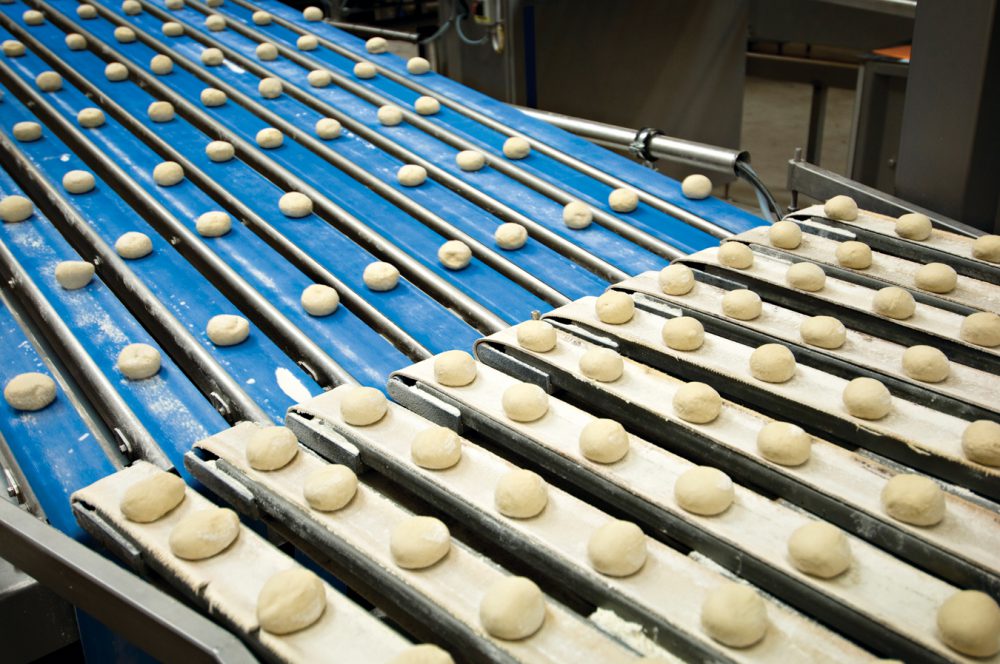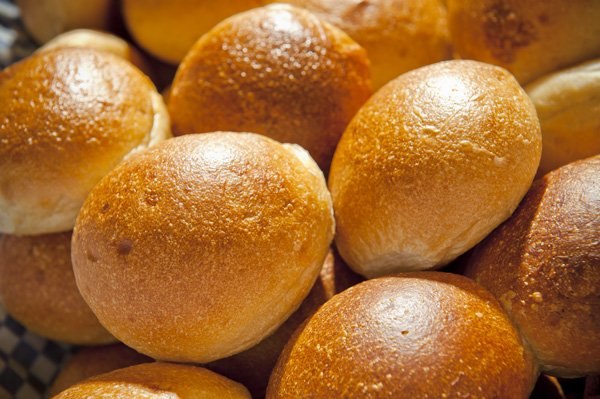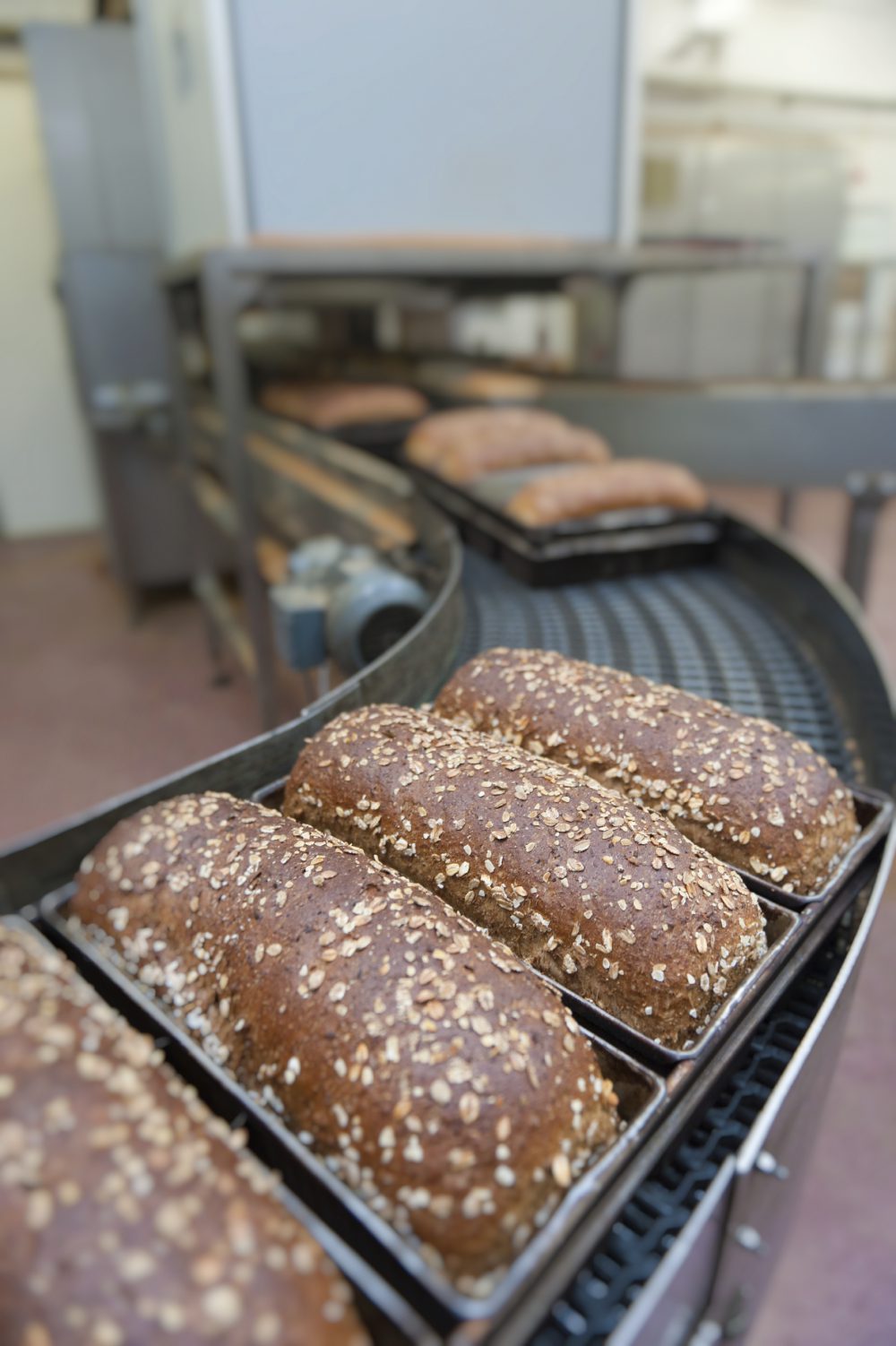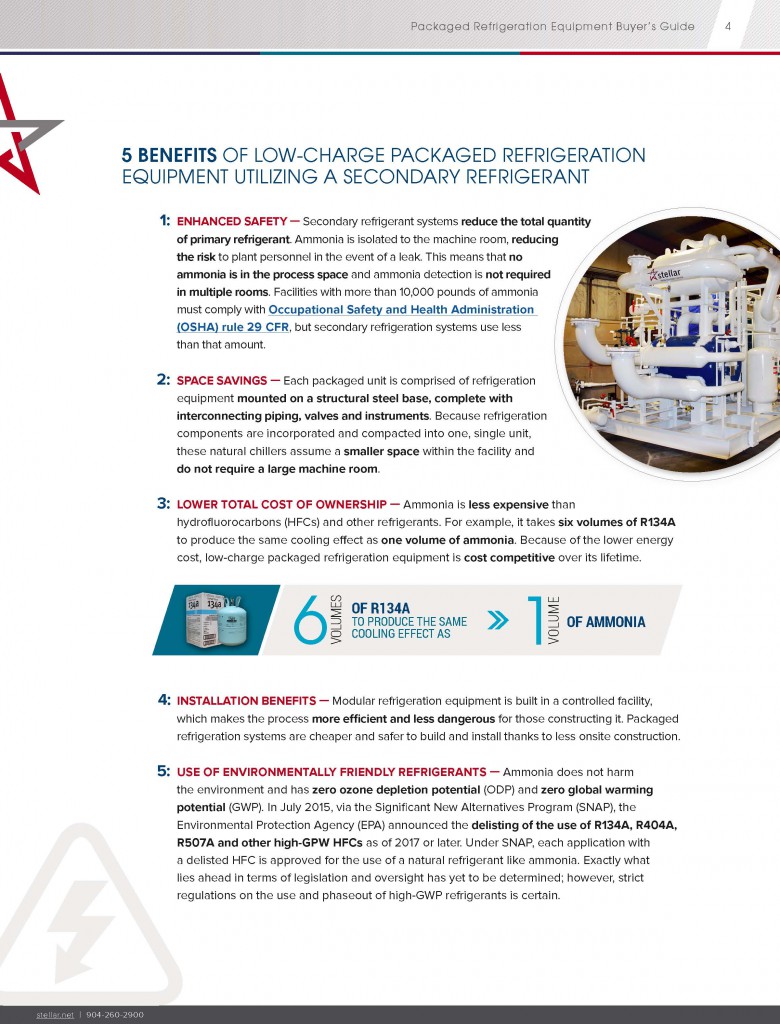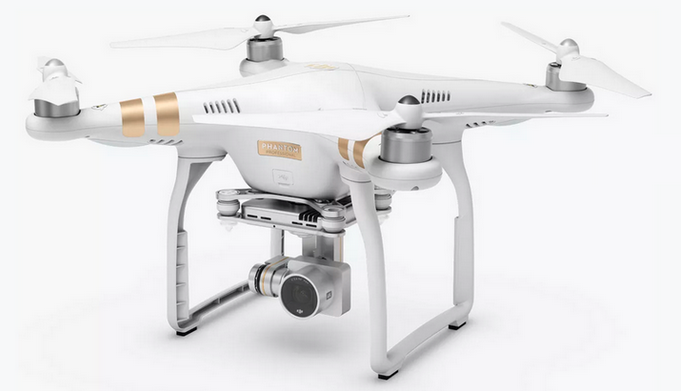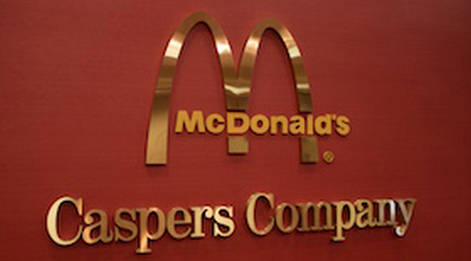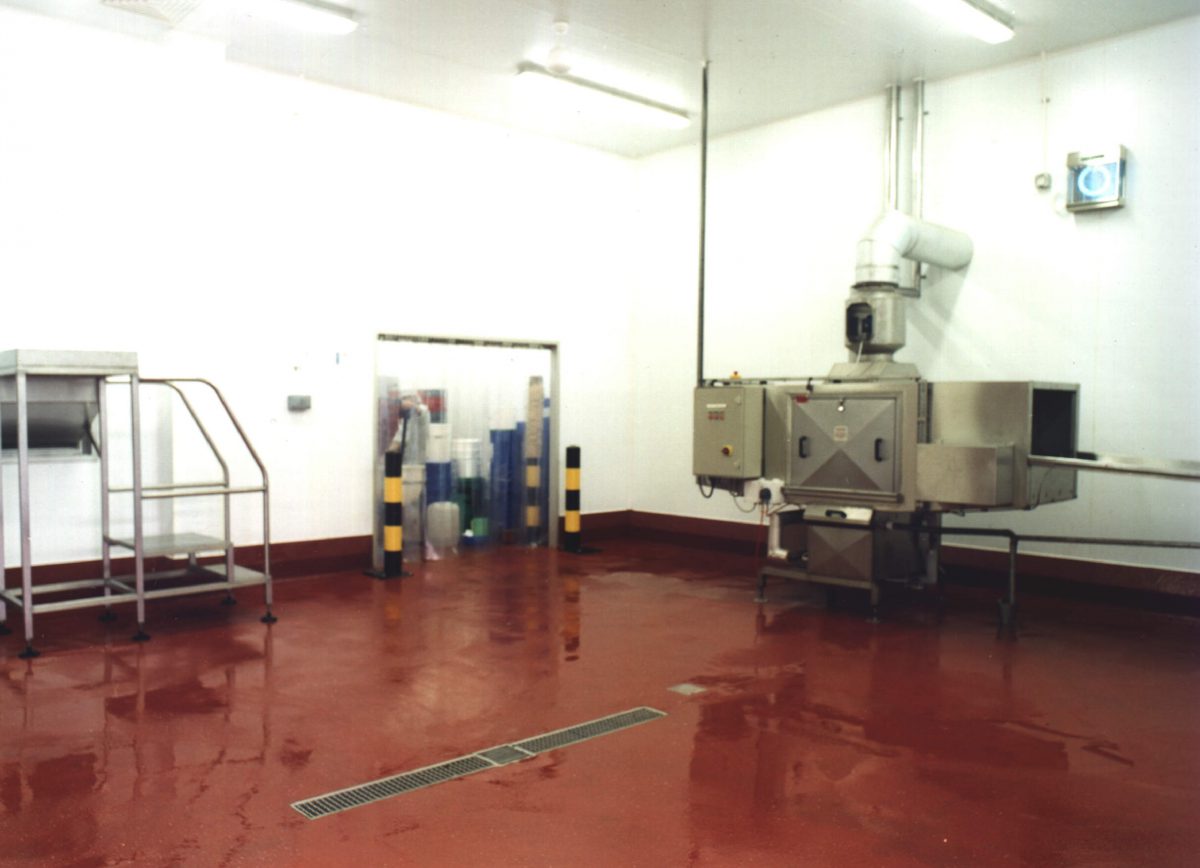Gluten-Free Manufacturing: How to Capitalize on the Market’s Growth Opportunities
Last week, we explored how to overcome four common bakery challenges for implementing gluten-free products into your offerings. As the IBIE Baking Expo kicks off this weekend, we’ll continue exploring the growth of the gluten-free market and how bakeries can safely integrate these niche products into their facilities.
Continue Reading “Gluten-Free Manufacturing: How to Capitalize on the Market’s Growth Opportunities”



